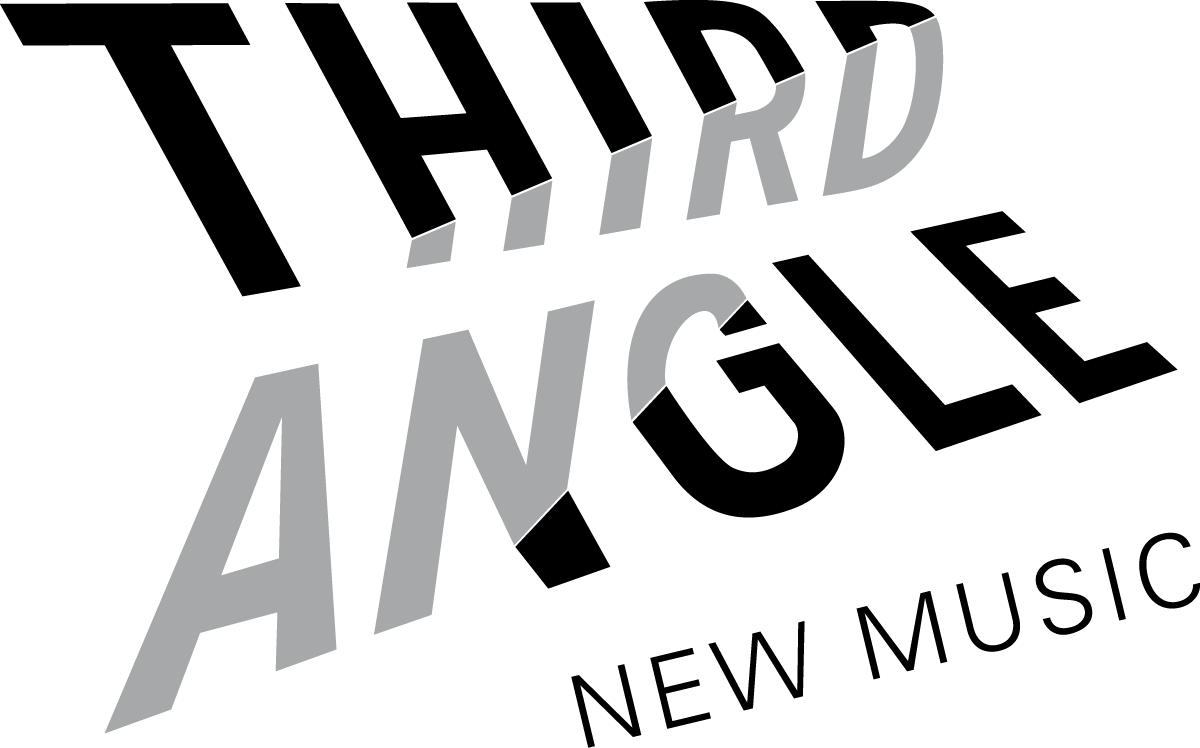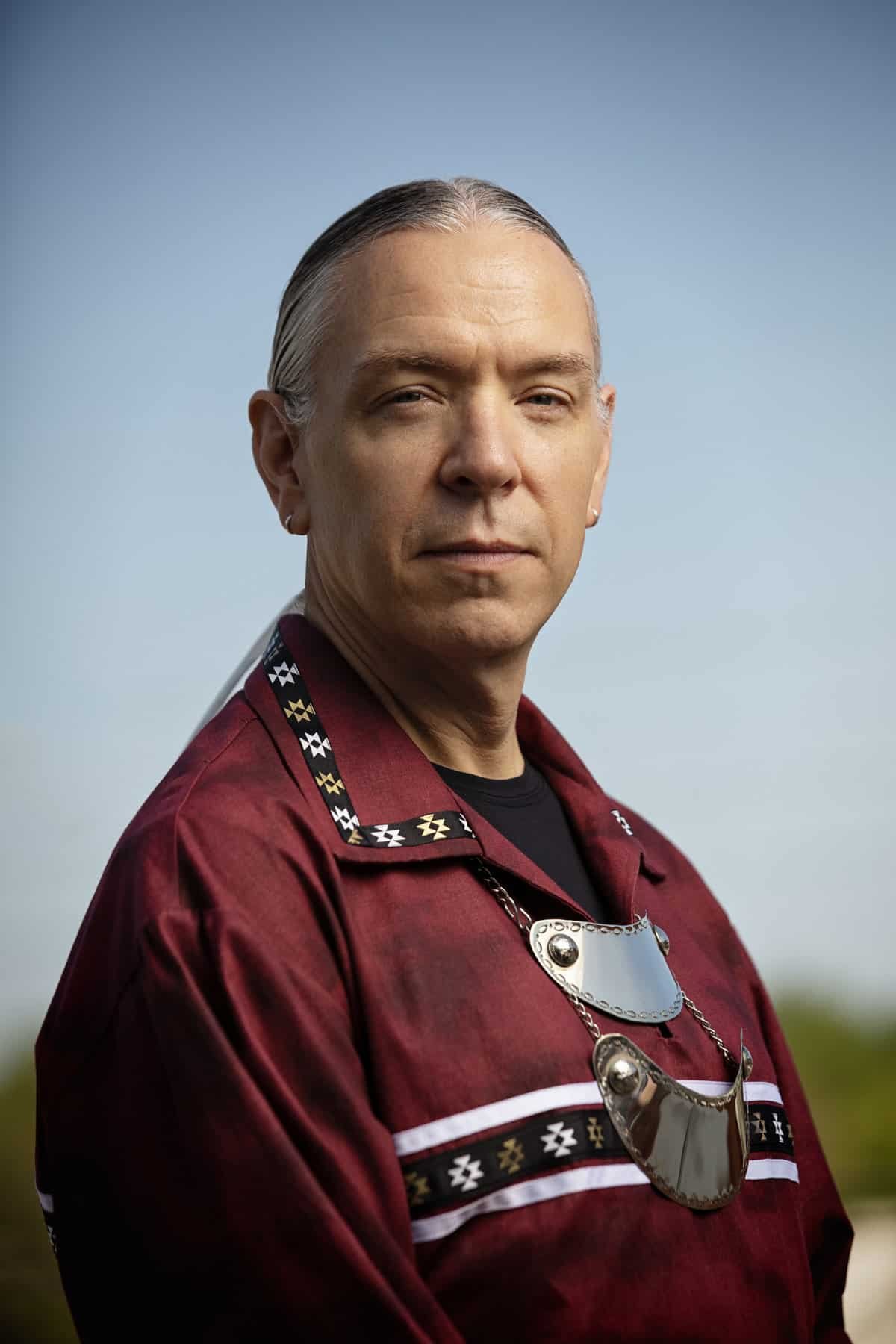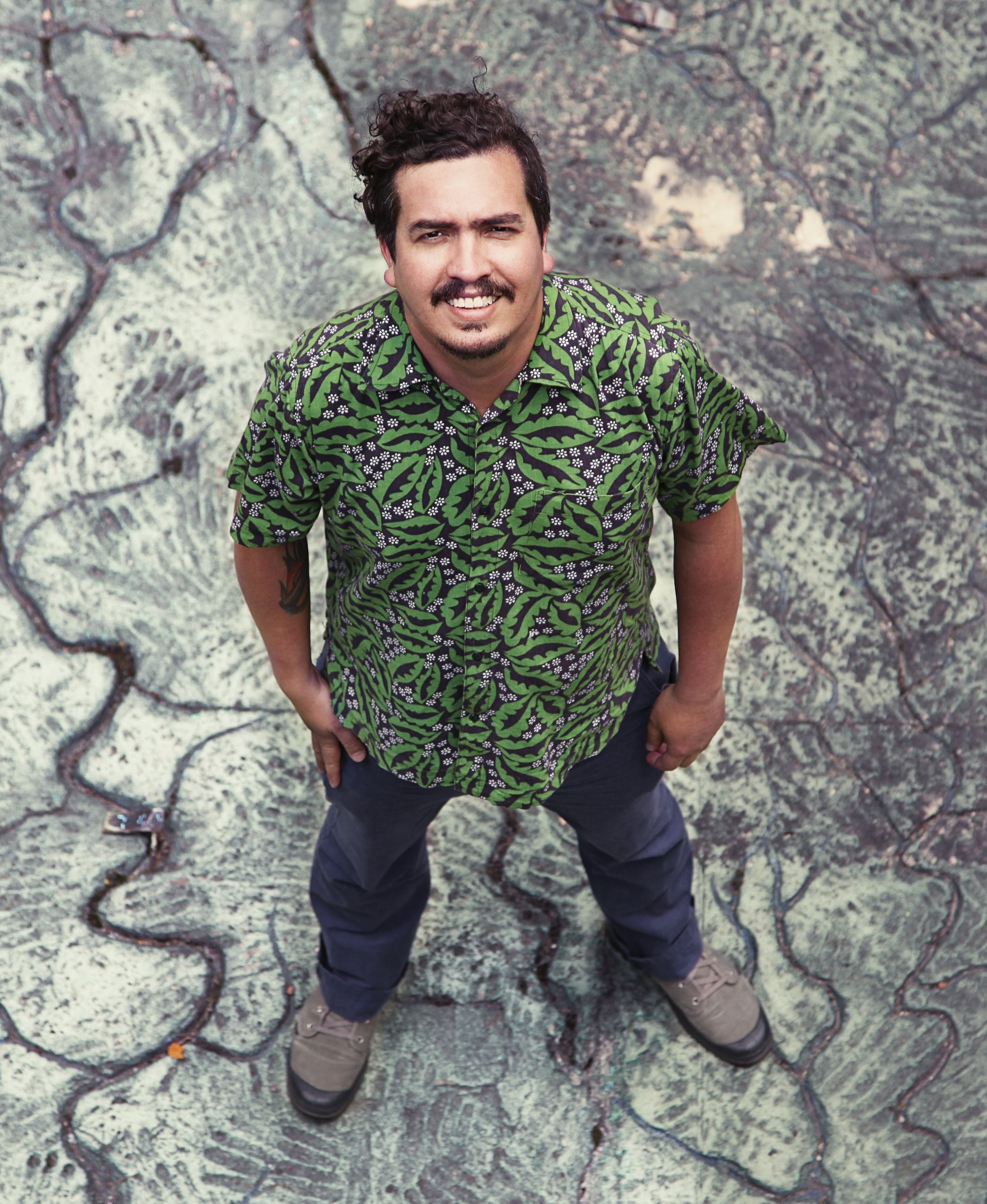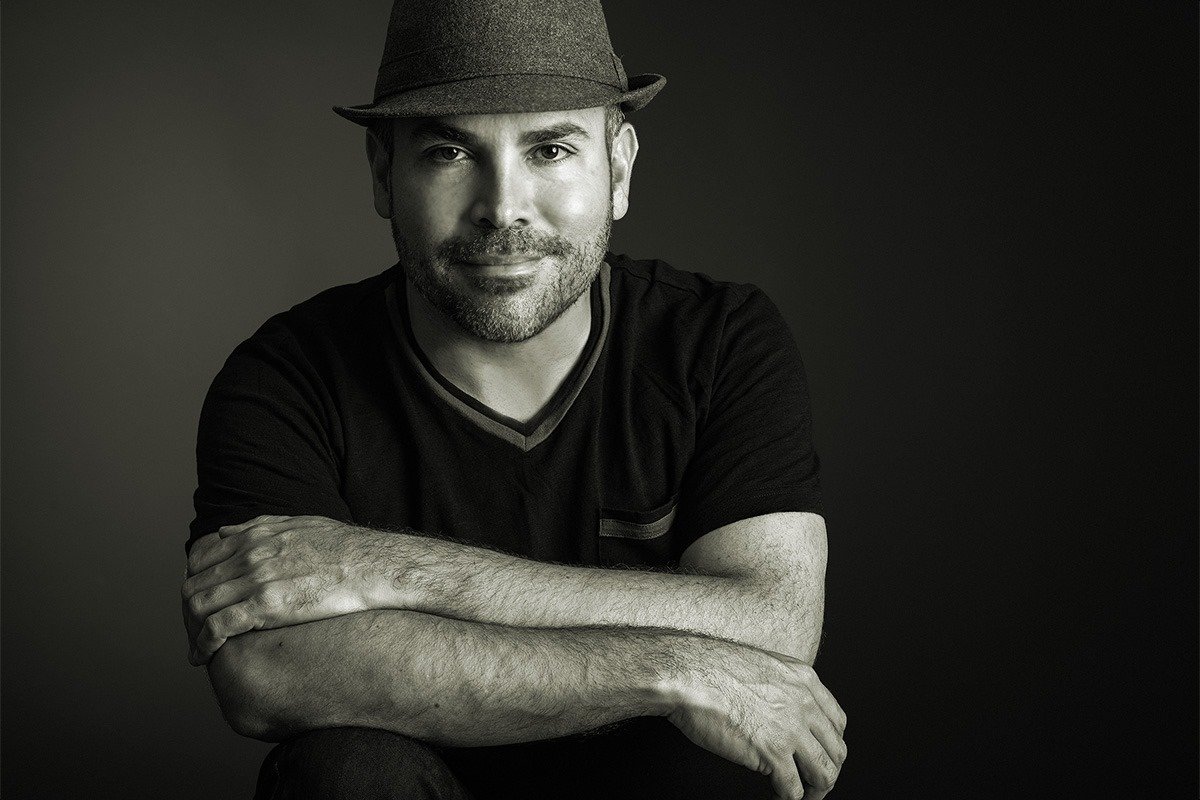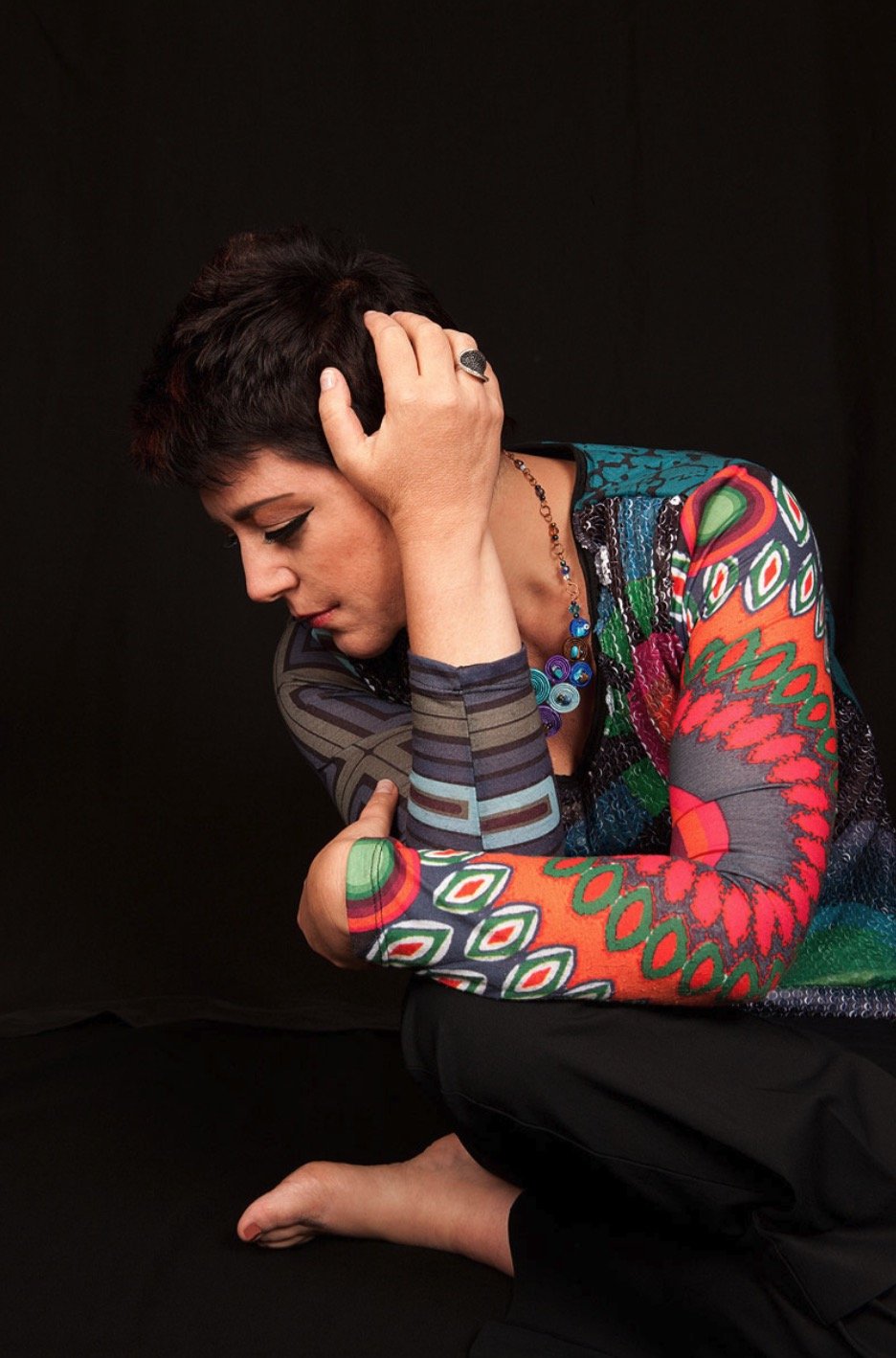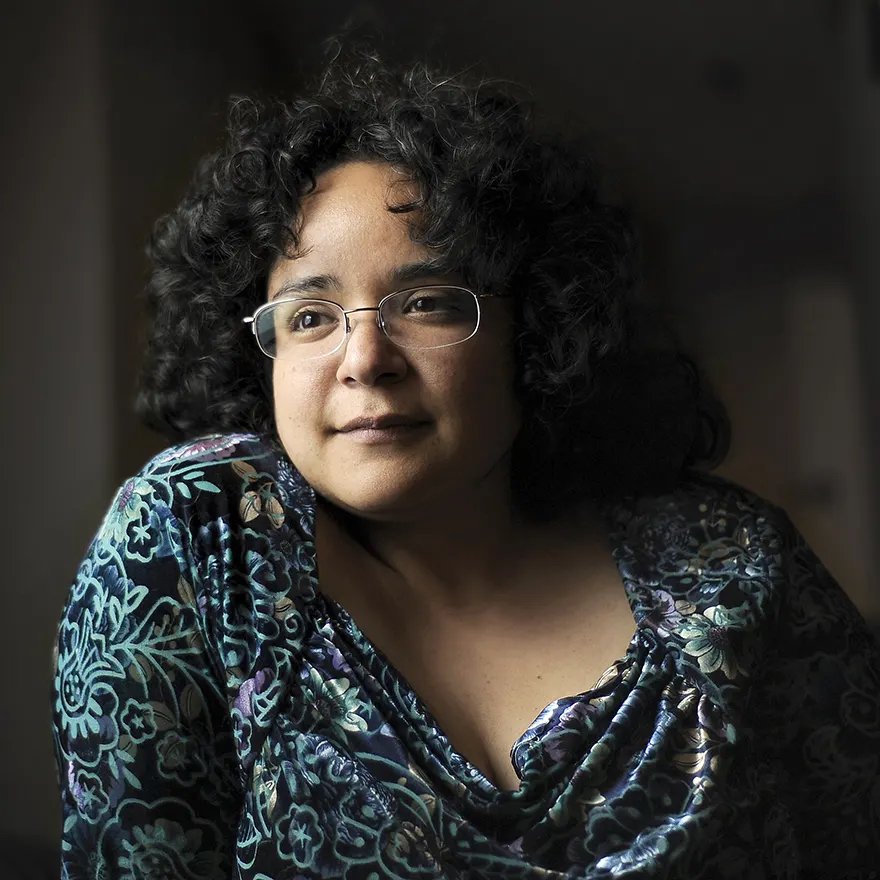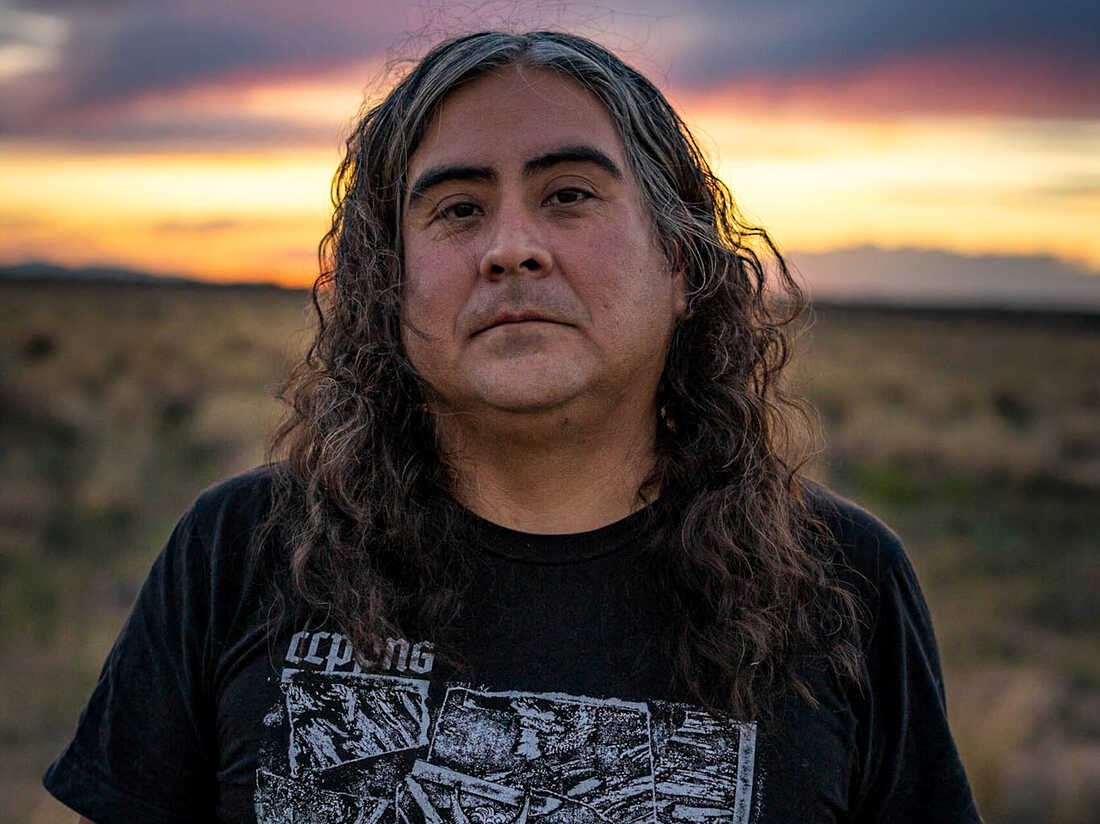DOwnload/listen to the SOundwalk
JULY 8, 2023
WAPATO ISLAND FARM
15115 NW Gillihan Rd, Portland, OR 97231
Sunshine, lawn chairs and new music: Fresh Air Fest is back!
Join us on Sauvie Island at Wapato Island Farm for a family-friendly day of picnic dinners, drinks, and a distinctly 3A lineup. The 3A String Quartet performs Roots & Strings, a program of works by Mexican, Cuban, and North & South American Indigenous composers to pay tribute to the ancestral tribes of this sacred land and to Wapato Island Farm’s roots. Then, electronic indie band Balún headlines with their musical and cultural fluency that spans from their traditional Puerto Rican roots to the dancehalls of Brooklyn.
Between sets, you can enjoy food, drinks and handmade goods from our local vendors and experience a soundwalk composed by Gerardo Calderon in response to the land, sky and tributaries of Wapato Island.
Schedule
4:00 PM - Grounds open
4:30 PM - Roots & Strings (60 min)
5:30-7:00 PM - Soundwalk, vendors
7:00 PM - Balún (60 min)
Please bring lawn chairs, blankets, and umbrellas (for shade) to enjoy Fresh Air Fest.
Only service animals will be allowed at Fresh Air Fest
Tickets
PACKAGE DEAL - when you buy any 4 tickets, get 25% off your entire order!
Single Set (Roots & Strings or Balún)*
$35 - General Admission
$30 - Senior(65+)/Under 35
$25 - Student/Arts industry worker
$10 - Youth (18 and under)
Full Event Pass
$60 - General Admission
$50 - Senior(65+)/Under 35
$40 - Student/Arts industry worker
$15 - Youth (18 and under)
*Single Set Tickets include access to the 5:30-7:00PM time for soundwalk, vendors, food and drinks
3A’s resident string quartet, pays tribute to the sacred land, and to Wapato Island Farm’s Latinx roots, with Roots and Strings, a program of works by Mexican, Cuban, and North & South American Indigenous composers. From Gabriela Ortiz’s dream sequences and pounding Mexican rhythms, to Jerod Impichchaachaaha’ Tate’s personal homage to his Pueblo cousins, come feel the rhythm of the earth and its people.
Personel:
Hae-Jin Kim, violin
Wendy Richman, viola
Megumi Stohs Lewis, violin
Valdine Ritchie Mishkin, cello
Program:
-
Composed for 50 For The Future: The Kronos Learning Repertoire
“Tolo Midi is a piece influenced by the rhythmic and melodic universe of Cumbia, a musical style born in the Colombian Caribbean as a result of the encounter between indigenous American, African and European people. It is a rhythmic piece that wants to give the interpreter an immersion into syncopation and the fundamental legacy of Africa in America (be strict with accents!), while exploring native melodic phrasing from the Tolo, one of the names of the indigenous flutes that provided the melodic identity for Cumbia. Although Cumbia originated in Colombia, it spread impressively through the whole continent unlike no other style in the Americas. The piece could even be performed from California to Patagonia and be recognized as local.” — Mario Galeano Toro
-
As a little girl, I was enamored with the stories of an exotic Perú told by my mother and father — exotic, dangerous, appalling, funny... The music that my mother brought with her to the States upon leaving Perú and marrying Dad only enhanced my attraction to her culture. It spoke volumes to me with its quena flutes, zampoña panpipes, drums, and mandolin-like charango guitars, and as a classically-trained composer and pianist today, I incorporate its influences into my own music.
But, I’m not Peruvian. Or, I should say — I’m not a pure-blooded Peruvian, born in the mother country. As a child growing up in Berkeley, CA, I was but one of many mixed-blood children, a gringo-born mestiza. And while I represented the exotic gringo wing of the family to my maternal relatives, I was equally exotic to — and loved by — my paternal relatives. They still claimed, with great pride, their Jewish-Lithuanian heritage and I would see the musical evidence of such at weddings when Eastern European-derived klezmer songs would be performed.
The idea to write music that drew on both of my heritages came to me a few years ago one Christmas morning in the family home. After witnessing my efforts in studying Latin American music here and abroad for some time, my father gave me a stack of Jewish music CDs with the note: “Because I have to compete!” I remember laughing long and hard at that, but an inspiration was born then: The idea to write a piece of music painting scenes from the experiences of the Jewish-American closest to me, my father, in Perú. The result is Khazn’s Recitative: Elu D’vorim.
In the preparation for this piece, Dad and I held conversations that I recorded about the Peace Corps junket in the early sixties that took him to South America, and to my mother. We also discussed in detail his upbringing and training in Judaism in a post-World War II Bronx neighborhood. Contrary to my expectations, perhaps formed over the years from my exposure to the aforementioned family weddings I had attended, klezmer music did not loom large in my father’s heart. Rather, he spoke of being moved by the many renowned Jewish cantors (“khazn”) that would sing in New York synagogues at the time. To him, they sounded like grown men crying, and crying without embarrassment or inhibition in front of the congregation.
In our recorded conversations, I played historic recordings of different cantors for Dad, and those that my father identified as sounding “right” to him belonged to Moshe Koussevitzky (1899-1966), a cantor who came from the same country as my father’s ancestors, Lithuania, and who sang in temples in the Bronx and Brooklyn during my father’s boyhood. Perceiving this to be no accident, this piece is in the style of Koussevitzky’s singing and utilizes Elu D’vorim (which he was famous for), sung on Shabbat. It is for solo violin only, as traditional cantor singing is done without accompaniment. On a personal note, what struck me about Koussevitzky’s singing was that his voice reminded me of Dad’s, a startling realization! The deep feeling, the rise and fall of the lines, the lingering for emphasis are hallmarks of Dad to me.
— Gabriela Lena Frank
-
The title for the quartet comes from the Spanish words aroma, which means fragrance, and foliado, which means foliage. These two words could be translated together to signify “the smells of flowers”, or perhaps suggest “smells of foliage” as a deeper meaning.
Aroma foliado originally had a subtitle. It was written in the year of the 250th anniversary of the death of Wolfgang Amadeus Mozart, and Ortiz mentions in her notes for the Elegia recording that she had some fragments of Mozart’s String Quartet No. 21 in D Major K.575 to link some of the sections in the piece; thus she originally subtitled the piece “gesto de Mozart,” which loosely translates to “a gesture towards Mozart.”
-
Double Weaving is a 3 movement journey from dusk to dawn. As is typical in his works for strings, Chacon calls upon the players to interpret a variety of lines, shapes, squiggles and words on the page (alongside more conventional notation). The middle movement, entitled “singing together,” is particularly free. It instructs players to “create a slow melody,” and then provides details on how they repeat, following each other as if singing beside a fire.
-
Pisachi (Reveal) is composed in six epitomes, or sections, and was originally commissioned to be performed within a slide show exhibit for ETHEL’s touring project entitled Documerica.
Pisachi was concieved to be paired with images of the American Southwest. In doing so, the work draws specifically from Hopi and Pueblo Indian music, rhythms and form. The opening viola solo is a paraphrase of a Pueblo Buffalo Dance and becomes material throughout the work. Later, the work refers to Hopi Buffalo Dance and Elk Dance music. It is the composer’s intent to honor his Southwest Indian cousins through classical repertoire. Pisachi is the Chickasaw word for reveal and is pronounced pee-sah-chee.
Download/listen to the soundwalk
Gerardo Calderon is a composer, teaching artisat, producer and multi-instrumentalist. Born in Mexico City. He grew up surrounded by music, dance and culture. Gerardo is the musical director of Grupo Condor and Nuestro Canto, and has pursued his interest in learning about traditional Mexican music, Latin American folk music and Pre-Colombian music. He has performed with folk music ensembles in Mexico, Canada, New England, and the Pacific Northwest, and He has also toured with choir and world music ensembles through out the USA. Gerardo has composed music and designed sound for contemporary Ballet companies, documentaries, short films, commercials, theater companies, and cultural organizations. For Fresh Air Fest, Gerardo composed a soundwalk composed by Gerardo Calderon in response to the land, sky and tributaries of Wapato Island. What is a soundwalk?
Co-Presented by The Bodecker Foundation & Third Angle:
Brooklyn-based electronic indie band Balún self-identify as transnational. The quartet that broke out of the San Juan indie scene a decade ago has undergone a formational odyssey through the industry, academia, and the stateside Puerto Rican experience. Balún’s long-awaited sophomore album Prisma Tropical focuses a vast field of genres and influences into a revelatory sound that evokes both the band’s homes and the distance between them. Heavy doses of tiple, bomba barrel drum, and dembow work alongside loops and layers of shimmering synths to accomplish something explicitly of the island, yet fluent in the language of global pop. Tied together around the magical realism of singer and composer Angélica Negrón’s lyrics, Balún’s deep understanding of reggaeton's Jamaican dancehall roots has transformed their shoegaze pop into “dreambow.”
Balún's LP 'Prisma Tropical' was released on July 20th, 2018 via Goodchild Music and premiered on NPR’s First Listen. Their single 'La Nueva Ciudad' Premiered on Remezcla and was Spotify Latino's Song of the Day, breaking into the Viral Charts globally and in 8 countries including Spain, Mexico, Chile, & Argentina. 'Prisma Tropical' was one of NPR’s Top 50 Albums of 2018, placed #4 in Rolling Stone’s Top 10 Latin Albums of 2018, and The New York Times named the single “Años Atrás” one of the "Best 65 Songs of 2018".
Balún is Co-Presented by The Bodecker Foundation & Third Angle New Music. A huge Thank You to The Bodecker foundation for support in lodging our guest artists for this show!
Music written by these Latinx and North & South American Indigenous composers will be performed on the Roots & Stings program.
Pictured left to right: Jerod Impichchaachaaha' Tate, Mario Galeano Toro, José L. Elizondo, Gabriela Ortiz, Gabriela Lena Frank, Raven Chacon
La Akateka Maya
Elbow Room
Suntouch Body Work
Rusenko Art
We’ve partnered with local vendors, including:
La Akateka Maya Food: traditional Mayan tamales and mole
DeFuego Food Cart: Burritos and Burritto bowls
503 Distilling: beer, wine, spirits, and non-alcoholic beverages
Elbow Room: Zines, Postcards, T-Shirts, Bags, Cards, and Artwork
Queen Bee Hoodies: Art Hoodies and Totes
Rusenko Art: Original art, prints, stickers, screen printed clothing
Mossy Hawk: Tufted rugs/wall hangings, beadwork & fabric patches
Bina Botanica: Natural skin care and beauty products , herbal remedies
Sun Touch Body Work: cranial sacral massage work, woven ivy earrings and pine needle baskets
Coral Story Beauty: a Native Woman-owned and operated Green Beauty Makeup and Skincare business selling their in-house skincare line among other skincare and make-up products made by fellow Indigenous woman-owned brands, such as local Rose Alchemista, Choke Cherry Dreams, and Cheekbone Beauty.
Wapato Island Farm: seasonal farm-grown offerings made with the intention of supporting the body and spirit by honoring the cycles of the year through the power of relationship with local plants and fungi.
White Buffalo Asdzáán: homemade bags
Ground Culture: Bokashi balls for cleaning soil + water, bokashi compost starter, compost tea
White Buffalo Asdzáán
Queen Bee Hoodies
Coral Story Beauty
Interested in being a vendor for the festival? Fill out this form and we will get in touch with you!
Wapato Island Farm is a woman-owned, 32-acre working farm located on Wapato Island (Sauvie Island) in Portland, Oregon. Surrounded by the Columbia River, Wapato Island Farm has maintained ecological integrity, resiliency, and organic standards as it continues to thrive in our climate-vulnerable Pacific Northwest region. The land has hosted a diverse variety of seed, including the sacred three sister crops of corn, beans, and squash. It provides a home for wildlife, and has remained an integral part of Sauvie Island’s working land and community.
Parking: Limited parking is available on the farm, so we encourage carpooling and ask that you allow our elder patrons and those with limited mobility to use the closest on-site parking.
Some additional parking is available on the roadside immediately bordering the farm.
The most reliable parking will be at the public lot located after you cross the Sauvie Island Bridge. We will be running constant shuttles to and from the farm, but it is about a mile walk if you would rather enjoy the sun!
Transit: Sauvie Island is accessible by public transit via the 16-Front Ave/St Helens Rd bus line. Wapato Island Farms is about a 20 minute walk from the bus stop and a shuttle will be provided from the lot to the farm.
Accessibility: The closest parking to the performance area will be reserved for those with mobility needs, and we will allow for drop off close to the performance field. There are gravel and dirt paths on the farm, but some traversing over grass will be required. Port-a-potties will be close to the performance field, and an ADA port-a-pottie will be available. See map below for layout:
